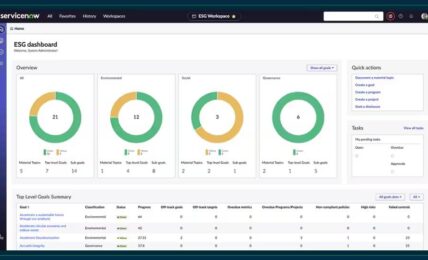Honda announced that it will significantly boost its investments to pursue its electrification strategy, outlining plans to invest 10 trillion yen (USD$64 billion) over the 10-year period through 2030, with a focus on launching new EV models and to build an integrated battery-focused electric vehicle value chain in its key markets.
The new investment plans were revealed in a press conference by Honda CEO Toshihiro Mibe. While acknowledging “the sense of a slowdown in EV market growth” in some regions, Mibe said that “Honda is confident that the EV shift will continue to proceed steadily,” and that the company “must look ahead to the period of EV popularization,” anticipated to begin in the second half of this decade.
The plans follow a series of goals announced by Mibe in 2021, including targets for Honda to achieve carbon neutrality across products and operations by 2050, alongside plans to make EVs and FCEVs represent 100% of its vehicle sales by 2040.
One of the key aspects of Honda’s strategy outlined by Mibe includes the establishment of a vertically-integrated EV value chain with a central focus on batteries in key markets, including the U.S., Canada and Japan, aimed at securing long-term competitiveness. Honda said that it aims to reduce the cost of batteries procured in North America through these initiatives by more than 20% by 2030 compared with current costs, and to reduce overall production cost by approximately 35%. The company added that it has a “positive outlook” on its ability to produce the batteries necessary for its planned production of 2 million EV units in 2030.
Mibe outlined the company’s EV lineup strategy, with Honda planning to launch 7 models by 2030, ranging from small to large cars, under its flagship EV series, Honda 0, and to introduce a micromobility product in Japan by 2026.
Honda also outlined its investment plans through 2030, with approximately 2 trillion yen (USD$12.8 billion) related to the establishment of comprehensive EV value chains in key markets, 6 trillion yen (USD$38.5 billion) in areas including construction of EV production plants, electrification of motorcycles, development of new EV models and investment in fabrication of dies, and 2 trillion yen for R&D expenditure toward the realization of software-defined mobility.
The company said:
“Honda has not changed its belief that EVs are the most effective solution in the area of small mobility products such as motorcycles and automobiles, and Honda’s electrification target to make EVs and FCEVs represent 100% of its global vehicle sales by 2040 remains unchanged. Honda must look ahead to the period of EV popularization and build a strong EV brand and a strong EV business foundation from a medium- to long-term perspective.”



